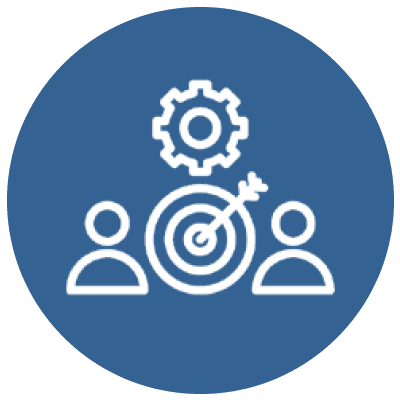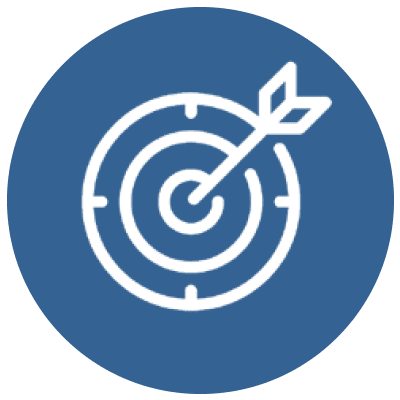Home / Intelligence / Case Studies / Improving Targeting Precision and Field Force Direction through AIML-based Patient Finding
Background
- A global rare disease company was looking to improve targeting precision and support field team effectiveness
- Traditional targeting was non-viable due to the small size of the patient populations, complex disease recognition and diagnosis, and restrictive therapy eligibility criteria
- Attempts by a prior analytics partner to use rule-based alerts failed, and even after two years, no new patients had been identified
- Given the small number of patients in each indication, every new start is high value, both for the lives of patients in need and for the commercial success of the therapies
Trinity’s Solution
- Create an AIML model that identifies clinically on-label patients—rather than simply patients with the disease
- ‘Learn’ from on-therapy patients to identify how patients present prior to therapy initiation and execute AIML models to flag patients based on the probability that they are candidates for treatment
- Deploy bifurcated notifications to both inside and field-based reps through ‘push’ alerts within the client’s CRM and enable ‘pull’ solutions to support call planning
- Success drivers include:
- Data acumen to evaluate and select source data
- Therapeutic area expertise
- Deep collaboration with Medical to refine and calibrate models
- AIML experience to optimize feature selection and approach
Project Outcomes

Designed and deployed AIML models for three indications in 8 weeks

Narrowed field team focus from >25,000 HCPs to ~1,000 highest priority HCPs

Identified 100 high probability targets within first 2 months of launch

At least 5 patients confirmed to be clinically on-label for therapy within first 2 months

First new patient enrolled within 5 weeks of initiating alerts
If you have any questions, we’re here to answer them.
We look forward to helping identify solutions for you.
Related Intelligence
Webinars
AI-Powered HCP Call Planning: A Case Study in Business Transformation
July 23, 2025 | 12:00 – 12:45 PM ET
Field sales teams are a vital link between life sciences companies and healthcare professionals (HCPs), with effective call planning critical for success. As companies embrace new technologies to enhance their selling processes, they often face challenges such as resistance to change, training needs and integrating systems with existing workflows. Join our panel discussion with Bausch […]
Sign Up Now
Blog
Empowering Field Teams: A Case Study in AI-Driven Call Planning
Field sales serve as the primary bridge between companies and healthcare professionals to build trust, provide valuable information and drive product adoption. Effective call planning is essential, as it allows reps to prioritize their engagements, tailor messaging and maximize their impact. The introduction of new technologies to streamline or enhance field operations comes with inherent […]
Read More
Case Studies
Optimizing HCP Call Planning with a Best‑in‑Class AIML Engine
The Situation Mid-Size Pharma, High-Potential HCP Identification Trinity’s Solution A digitally-integrated, AI-enabled ecosystem powering rep effectiveness and personalized HCP engagement Trinity AI assessed the client’s technology ecosystem and existing targeting engine to scope the context and needs for a more efficient solution. Trinity redesigned an AI-driven call plan engine to identify high-potential HCP targets in […]
Read More
